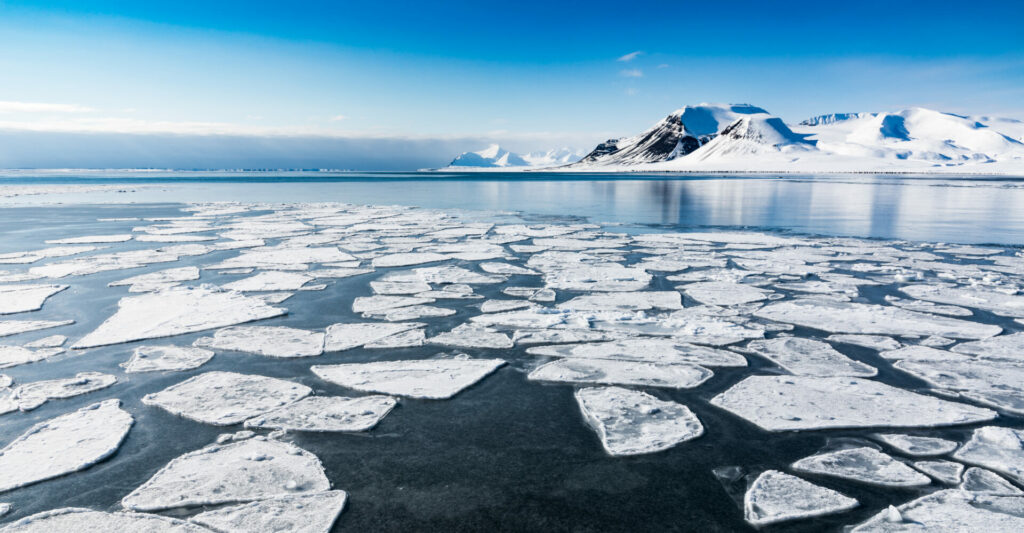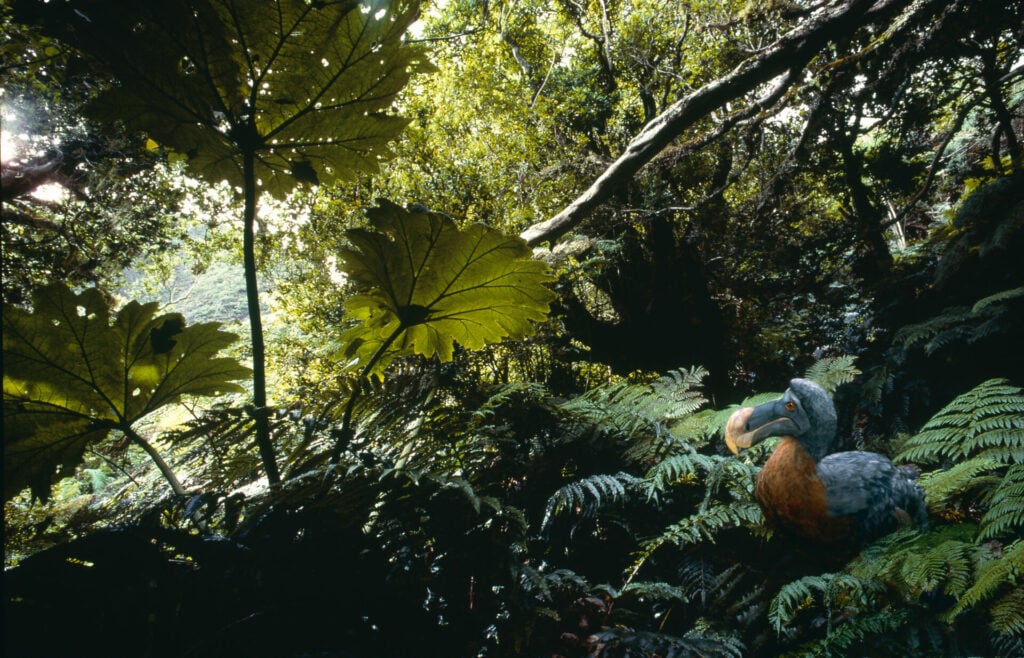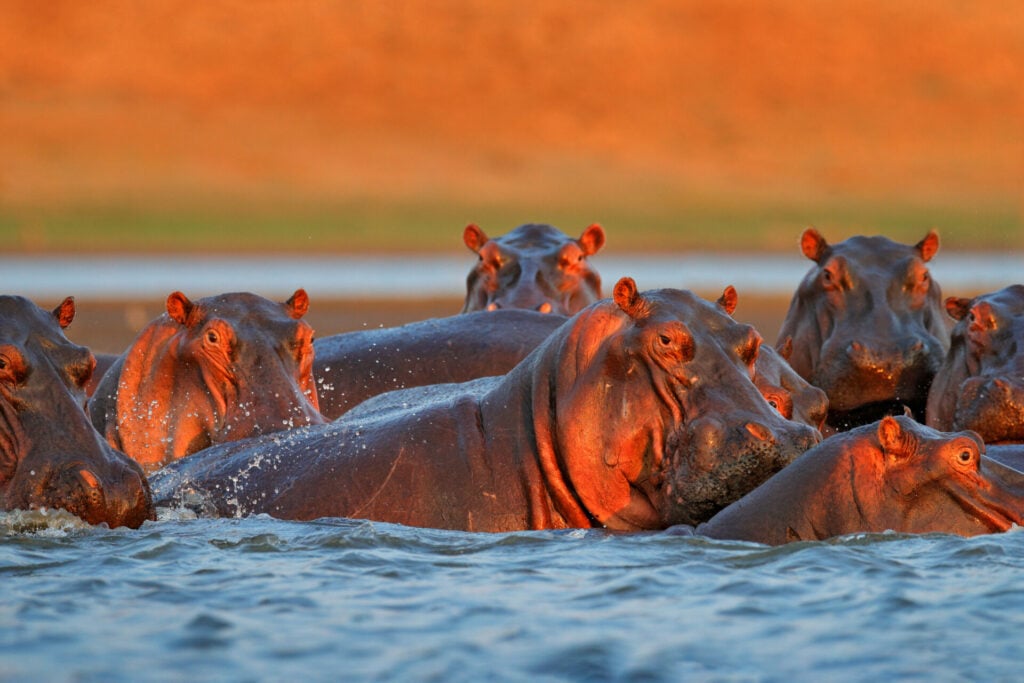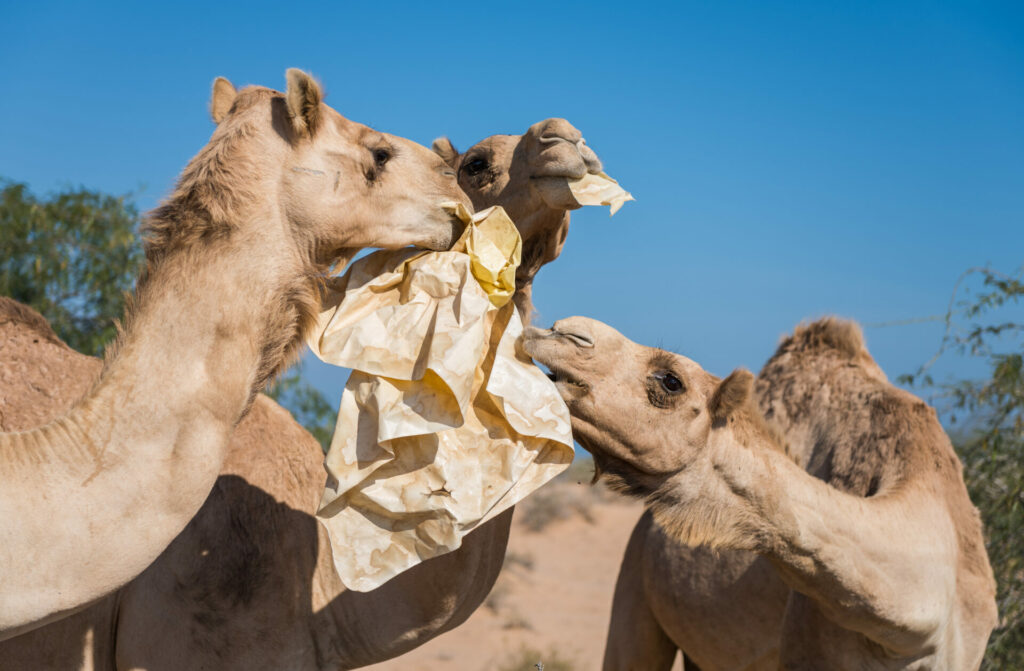World Rainforest Day, which is held on June 22 every year, was first created in 2017 by the Rainforest Partnership, a non-governmental organisation (NGO) that launches projects to help restore and regenerate earth’s oldest living ecosystems.
The day has been set aside to raise awareness of the importance of our rainforests – some of which have been around for over 70 million years – and how they keep our planet alive while encouraging action to protect them. This year’s theme, The Time is Now, emphasises the immediate need for action to achieve net zero deforestation by 2030.
It’s a call that must be answered urgently if rainforests, as one of the most precious natural resources on Earth, are to be saved.
According to the World Wildlife Fund, more than a quarter of the Amazon rainforest – the world’s largest – will be devoid of trees by 2030 if cutting continues at the same speed, and should nothing be done to halt this trend, it’s estimated that 40 per cent of this unique forest will be razed by 2050.
Although rainforests only cover about six per cent of the Earth’s surface area, they are home to half of all plants and animal species. According to National Geographic, a 10 square-kilometer (4-square-mile) patch of rainforest holds as much as 1,500 flowering plants, 750 species of trees, 400 species of birds and 150 species of butterflies. This biodiversity is the source of many products we use today, such as coffee, cacao, spices, medications, and common fruits and vegetables like avocados, bananas and mangos.
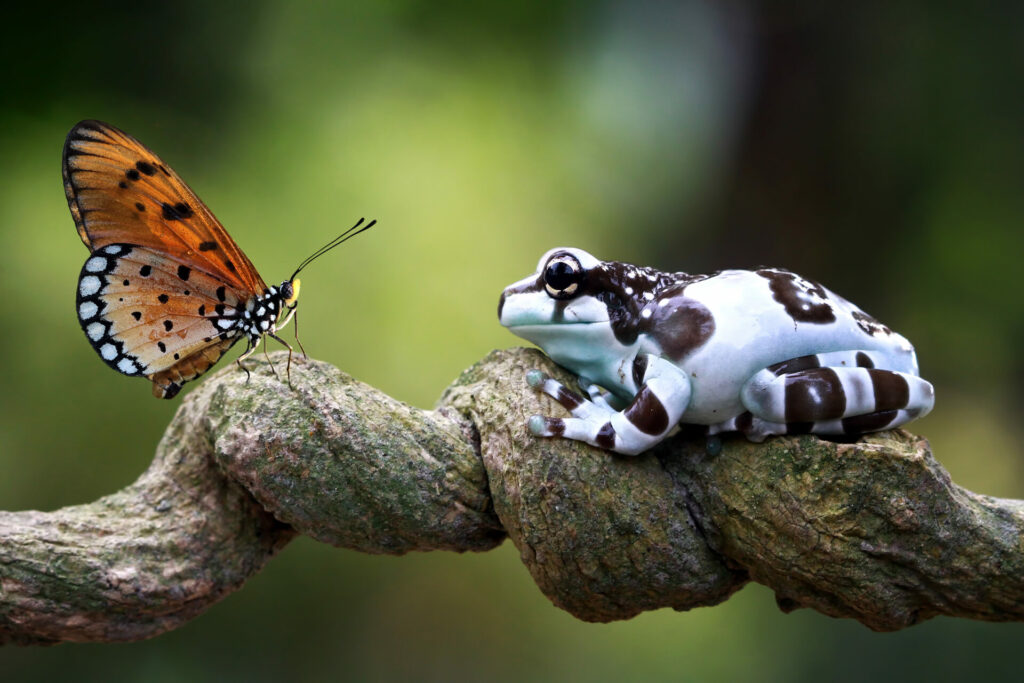
Climate Stabiliser
Rainforests play a critical role in stabilising the global climate by absorbing carbon dioxide from the atmosphere. Scientists have shown that excess carbon dioxide from human activities is contributing to climate change making rainforests our primary allies when it comes to reversing some of the worst effects of global warming.
Very importantly, rainforests are are also responsible for rainfall by a process called evapotranspiration – the movement of water through a plant and its release into the air via leaves, stems, and flowers – which creates local humidity and consequently rain clouds.
Because forests are made up of a huge number of trees, the volume of water released via this evapotranspiration process can result in rainfall over large areas. It’s believed the Amazon is responsible for 70 per cent of rainfall in southern Brazil for example, while the Congo Basin, the world’s second largest rainforest, influences rainfall patterns as far away as North Africa.
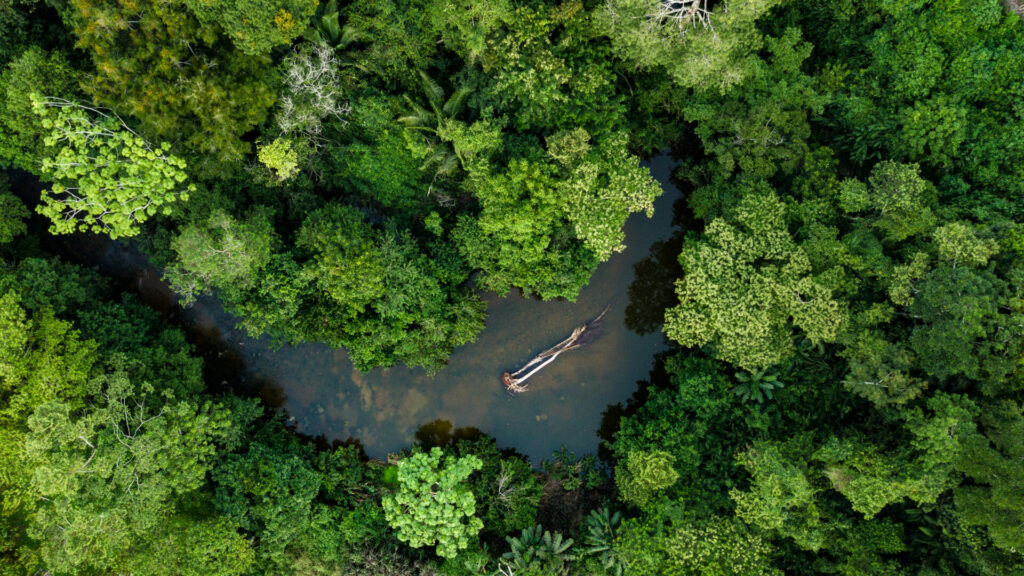
Rainforests are also home to millions of culturally diverse indigenous people who hold invaluable knowledge about their environment. These local rainforest communities are crucial to the protection of these significant ecosystems.
Rainforest Decimation
Organisers of World Rainforest Day are highly concerned that an area the size of 40 football fields is destroyed every minute of every day and shows no sign of abating. Deforestation in the world’s increasingly fragile tropical forests has remained relentlessly high since the 1980s due to an insatiable human demand for commodities such as cattle meat, palm oil, soy (predominantly for animal feed), cocoa, plantation rubber, coffee, timber alongside logging, mining and industrial development.
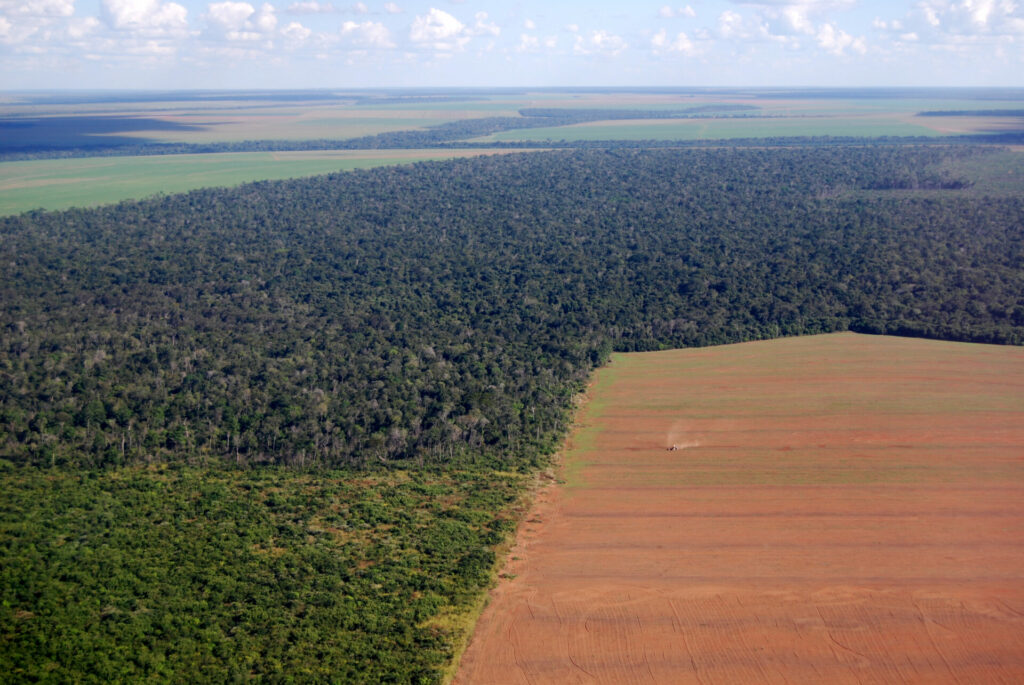
As more areas are cleared, more infrastructure is required leading to increased clearance for roads and heavy machinery. And as more fragile biodiverse land is deforested, the surrounding wildlife habitats and communities of indigenous people are also significantly disrupted.
On a global scale, since 2002, an average of 3.2 million hectares of primary tropical forests – the most biodiverse – have been destroyed annually.
And politicians aren’t helping. Brazil’s President, Jair Bolsonaro, an unapologetic supporter of the destruction of the Amazon has fired key environmental officials over his tenure. Since his inauguration in 2019, the rate of deforestation has soared by as much as 92 per cent, according to satellite imaging.
The scale of current deforestation is undeniably leading to climate change, flooding, desertification, and soil erosion—all of which pose serious threats to our planet. Experts warn that fire, droughtand land clearance have almost pushed the Amazon to the brink of no return, issuing a stark warning that the demise of the Amazon rainforest is inevitable if Bolsonaro remains the President of Brazil.

But the world is listening. Supermarkets and financial organisations in the UK, Norway, Germany, France and Australia have now threatened to pull Brazilian products unless they can assure that they are deforestation free.
A total of 40 companies including Marks & Spencer, Waitrose, Tesco and Sainsbury’s issued an open letter warning that they will reconsider using Brazilian agricultural commodities. ‘We would like to reiterate that we consider the Amazon as a vital part of the Earth system that’s essential to the security of our planet as well as being a critical part of a prosperous future for Brazilians and all of society,’ they said.
How does World Rainforest Day Work
The underlying principle of the Rainforest Partnership is to save the rainforest by working on community projects that create a positive impact on its local communities and wildlife.
On April 4, 2022, the IPCC (United Nations’ Intergovernmental Panel on Climate Change) released a new report on the state of the planet. Their findings show that the solutions needed to halve emissions by 2030 already exist.
These solutions include ‘the conservation, management, and restoration of forests, with reduced deforestation in tropical regions having the highest total mitigation’. To put it bluntly we need to stop razing down these vital, biodiverse ecosystems before it’s too late.
But action is needed now. The next eight years are pivotal if the world is to achieve net zero deforestation by 2030. Forest protection is critical to securing the future of our planet.
‘There is no pathway to limit global warming to 2°C, let alone 1.5°C if we don’t cut emissions from forests to net-zero by 2030 or 2035’ says Gabriel Labbate, head of the United Nations Environment Programme’s (UNEP’s) Climate Mitigation Unit. ‘And, at the same time, undertake a massive process of forest restoration to remove carbon from the air.’
As consumers we can make more informed choices to reduce our contribution to deforestation. Reducing meat consumption, using paper products made from recycled pulp, or that have been certified by organisations like the Forest Stewardship Council (FSC), buy sustainably farmed commodities such as bananas and coffee and limit your use of single use paper products.
If you want to get involved join #WorldRainforestDay today (June 22) with those at the forefront of forest protection by heading to www.worldrainforestday.org.
The virtual World Rainforest Day Global Summit offers 16 hours of programming from 40+ organisations exploring conservation solutions including finance, storytelling, youth action, community engagement, innovation, and more.
Choose from live panels, film screenings, workshops, networking sessions and more, and learn how to drive holistic impact to protect and restore rainforests and their critical ecosystems.
All events are free and open to the public; registration is available at https://www.worldrainforestday.org.









